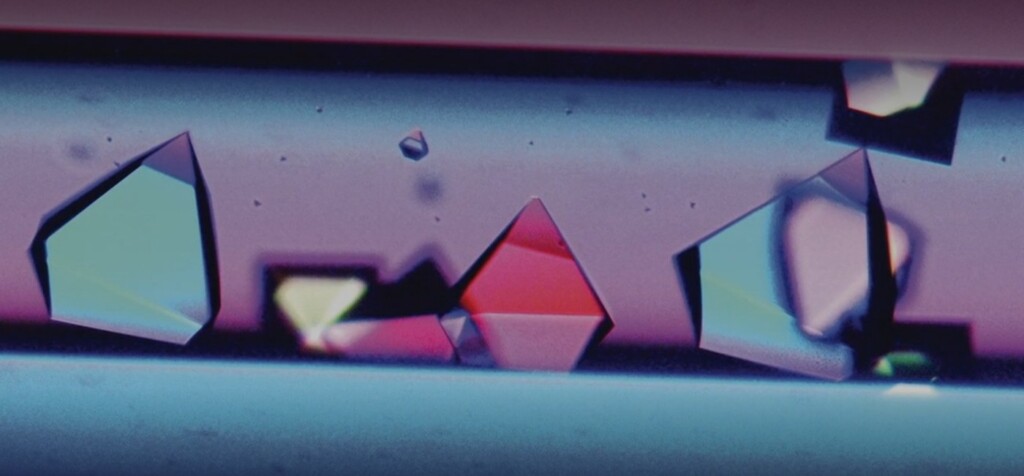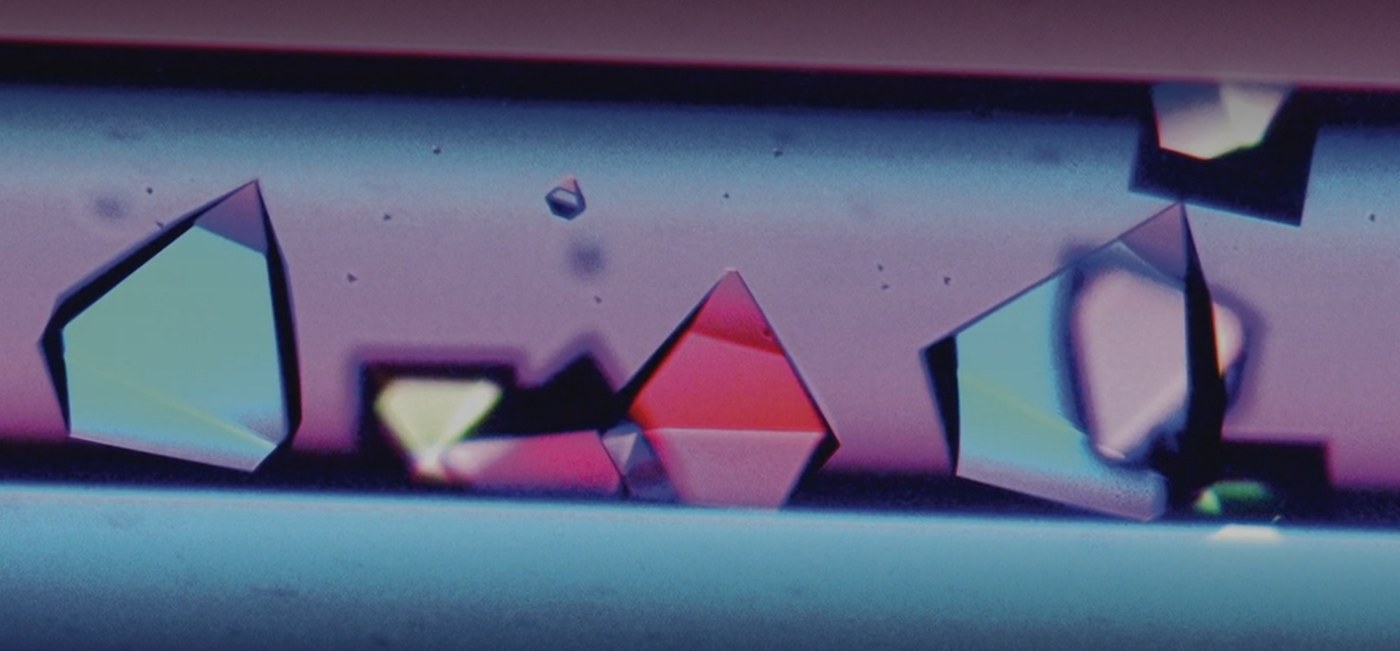
A UK startup is designing new versions of established cancer drugs to be used routinely at home, saving the patient time and money, as well as floor space in the hospital’s cancer ward.
The only thing is the startup’s manufacturing plant requires rather unique and limited real estate: the International Space Station.
BioOrbit believes that space is the final frontier of drug manufacturing, because of the unique properties that can be achieved while synthesizing drugs in microgravity.
A key factor of at-home cancer drugs would be turning their compounds into more shelf-stable crystal structures. This would allow the drugs to go from being delivered intravenously with a syringe (IV) to an easier, at-home injection method like an subcutaneous epi-pen or Ozempic.
Put in extreme simplicity, the Earth’s gravity interferes with crystal growth by creating defects in their delicate and complex structures, while in microgravity, those defects don’t occur; the whole crystal structure can form and become rigid.
It takes time to form a crystalize structure though, so much time that no comparative microgravity environment on Earth can be used, for example, those utilized to train astronauts. Space is the only option.
There’s been decades of research into the process of “super crystallization,” however, so the technology is ready to ride up to the ISS next month as a demonstration effort.
THE SPACE ECONOMY: World’s First Diamond Battery Could Power Spacecraft and Pacemakers for Thousands of Years
The company’s long-term vision (because you have to have one when working in space) is to have its own space station, where these slow crystallization processes would continually be producing drugs for the at-home delivery market.
The BBC spoke with the founders of BioOrbit last week, available as a video on their website here.
Let Your Friends Know About The Future Of Drugs Manufacturing: Space…


Leave a Reply